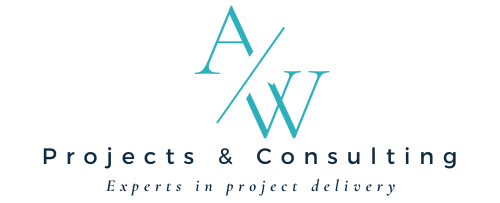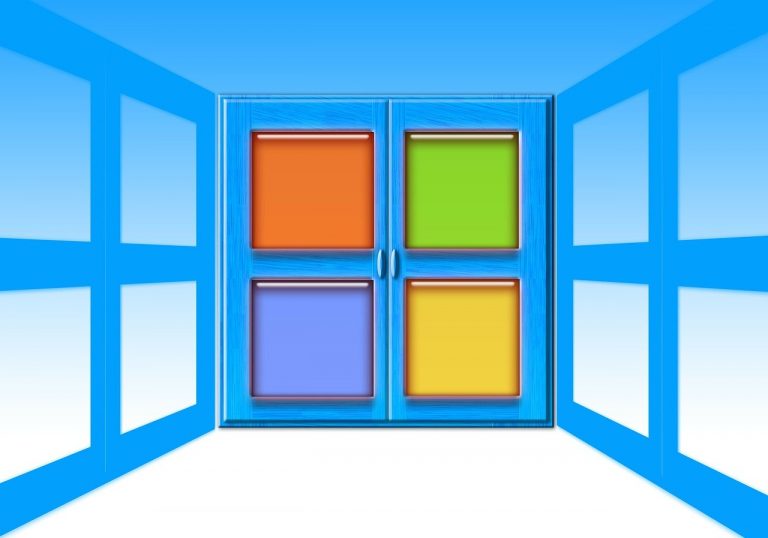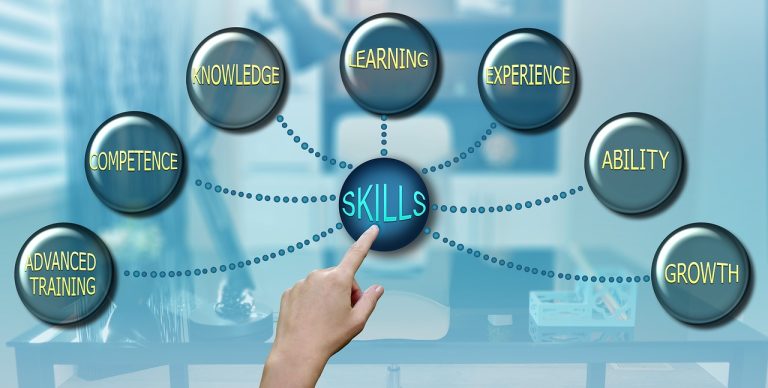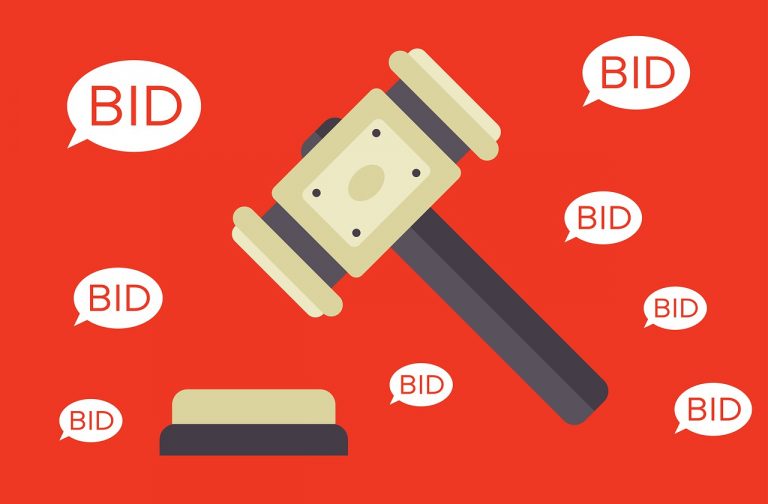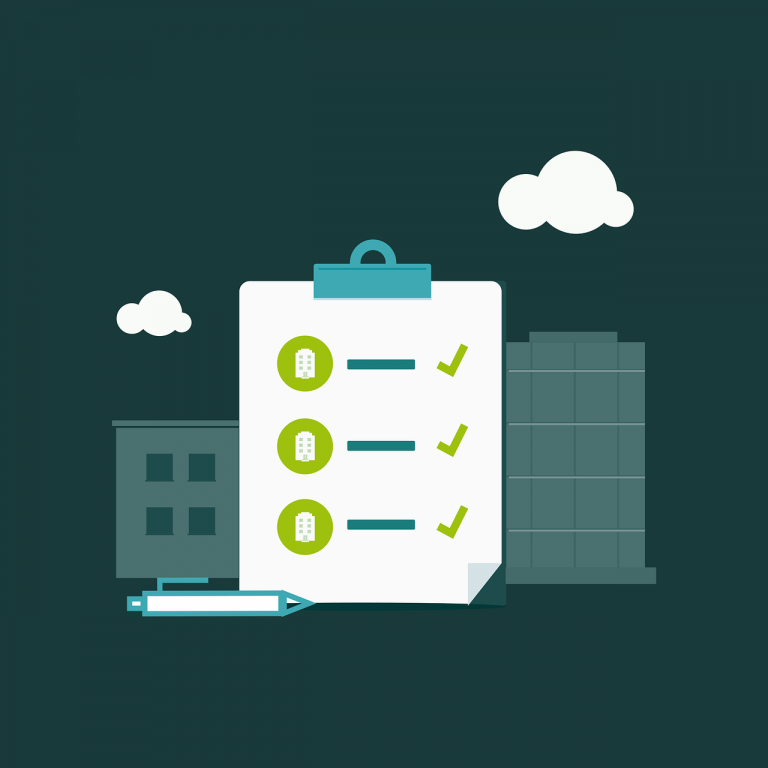How to Get the Most Out of a Meeting: Strategies for Success
Meetings are an integral part of professional life, but they can often feel like a drain on time and resources if not conducted effectively. To ensure that your meetings are productive, focused, and yield valuable outcomes, it’s crucial to adopt a strategic approach. Here’s how you can get the most out of a meeting, from planning to follow-up.
1. Start with a Clear Agenda
Define Objectives: Before scheduling a meeting, clearly define its purpose and what you hope to achieve. This could range from making decisions and brainstorming solutions to providing updates or addressing specific issues.
Draft an Agenda: Create a detailed agenda that outlines the topics to be covered, the order of discussion, and the time allocated for each item. A well-structured agenda keeps the meeting organized and ensures that all important topics are addressed.
Distribute in Advance: Send the agenda to all participants well before the meeting. This allows them to prepare adequately and come ready to contribute, which enhances the overall effectiveness of the meeting.
2. Invite the Right People
Relevance Matters: Invite only those who are directly involved with or impacted by the meeting’s topics. This ensures that the discussion remains focused and that attendees’ time is used efficiently.
Define Roles: Clearly outline any specific roles or contributions expected from each participant. This could include presenting information, providing feedback, or making decisions.
3. Prepare Thoroughly
Gather Materials: Collect and review any necessary documents, reports, or presentations before the meeting. Ensure these materials are shared with participants in advance if they are needed for discussion.
Check Logistics: Confirm that all technical and logistical aspects are in place. This includes ensuring video conferencing tools work, presentation equipment is set up, and any other resources needed are available.
4. Conduct the Meeting Effectively
Start on Time: Begin the meeting at the scheduled time to respect everyone’s time and set a professional tone. Starting on time also helps in managing the agenda efficiently.
Review the Agenda: Start by reviewing the agenda with participants. This sets clear expectations and ensures everyone is aligned on what will be covered and the goals of the meeting.
Facilitate Focused Discussion: Guide the discussion according to the agenda, keeping conversations on track and within the allocated time. Address any deviations diplomatically to ensure productivity.
Encourage Participation: Foster an inclusive environment where all attendees feel comfortable sharing their input. Encourage diverse viewpoints and manage any dominating voices to ensure a balanced discussion.
Document Key Points: Take detailed notes on key discussion points, decisions made, and action items assigned. If possible, assign someone to take formal minutes or record the meeting for accuracy.
5. Follow Up After the Meeting
Distribute Meeting Minutes: Send out the meeting minutes or a summary promptly. Include key decisions, action items, and deadlines. This reinforces accountability and ensures everyone is clear on what was agreed upon.
Track Action Items: Monitor the progress of action items and ensure that they are completed by the assigned deadlines. Follow up with individuals as necessary to address any delays or issues.
Seek Feedback: Gather feedback from participants on the meeting’s effectiveness. This can provide valuable insights into what went well and what could be improved, helping you refine your approach for future meetings.
Review Outcomes: Reflect on whether the meeting achieved its objectives. Assess any outstanding issues or follow-up tasks and make adjustments as needed. This evaluation helps identify successes and areas for improvement.
Conclusion
Effective meetings are not just about discussing topics—they’re about making meaningful progress, achieving objectives, and fostering collaboration. By preparing thoroughly, managing the meeting efficiently, and following up diligently, you can maximize the value of your meetings and ensure they contribute positively to your projects and goals. Implementing these strategies will help transform your meetings into productive, focused, and impactful sessions, driving better results and enhancing overall efficiency.
